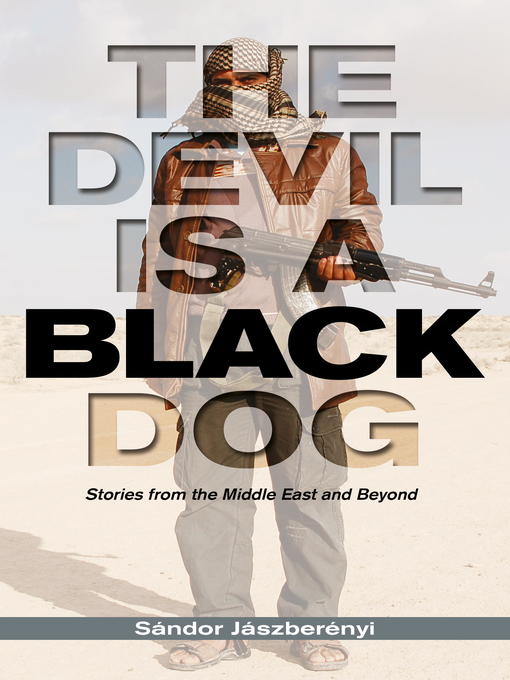- EVPL Staff Suggests...
- New eBooks
- New kids additions
- New teen additions
- Look Who's Talking Now
- See all
- The Latest Audiobooks
- EVPL Staff Suggests...
- New kids additions
- New teen additions
- Look Who's Talking Now
- See all
- Popular Magazines
- New Issues Just Added
- Cooking & Food
- Fashion
- Health & Fitness
- Home & Garden
- News & Politics
- Browse Our Magazine Collection
- See all


